Simple habits for better mental health: Movement, rest, and connection
In today’s article, we will present a few practical solutions for better mental health related to physical activity, balance of our sleep in daily life, and some relaxation techniques. We will realize the importance of these overlooked parts of our everyday life. Additionally, we will show the importance of support from others in the hardest times for us.

Movement as a natural antidepressant
Regular physical activity is one of the best things we can do for our physical health. It turns out it is also one of the best remedies against low mood. A new meta-analysis shows that exercises are 1.5 times more effective in reducing symptoms of mild to moderate depression and anxiety in combination with medication therapy, compared to drug therapy or psychotherapy used as standalone treatment techniques.

Aerobic exercises (such as brisk walking, jogging), yoga or strength training show significant mood improvement in participants of the studies. Physical activity releases endorphins, improves sleep and self-esteem, which explains its positive effect on mental health. Even 30 minutes of moderate physical activity per day can reduce stress and the risk of depressive episodes.

The power of social support
Quality relationships with close people act as a buffer against stress and are a foundation for mental well-being. Studies unanimously show that when we feel connected and supported, part of a community, we are more resilient, less stressed and generally healthier.
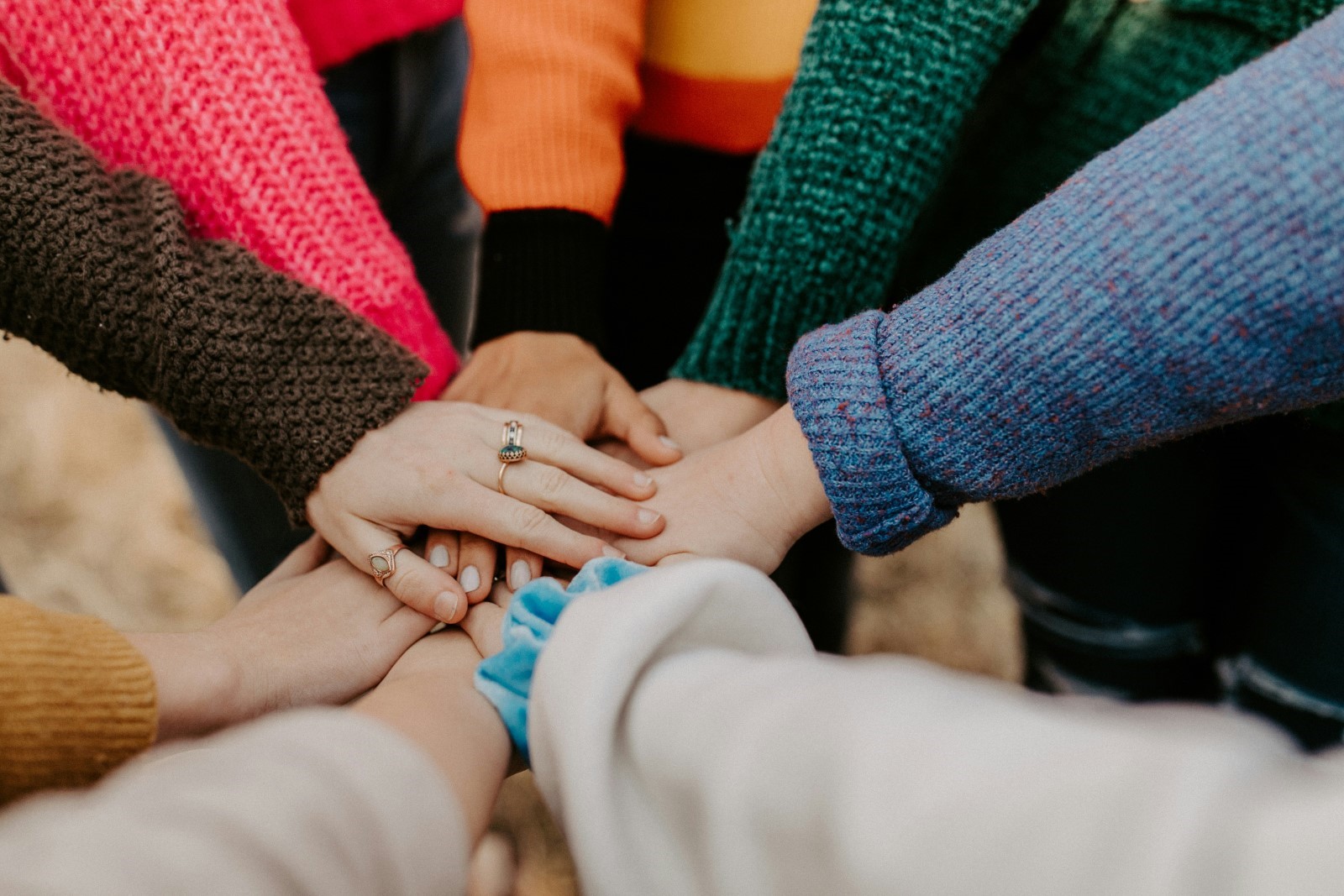
On the other hand, social isolation and lack of support are associated with higher risk of depression, anxiety, and even negative physical consequences (increased alcohol use, higher risk of cardiovascular diseases).

A simple act like talking to a friend, sharing our daily worries with someone, or simply put, receiving “a shoulder to cry on” can noticeably improve our ability to cope with life’s challenges. That’s why maintaining social contacts and the ability to ask for help when it’s hard are key for our mental health. Maybe that’s what the saying “a shared problem is a half problem” meant.
The importance of rest
In the fast-paced everyday life, our psyche needs time to recover. Practices like mindful meditation, breathing exercises, keeping a gratitude journal, or simply spending time in nature show a beneficial effect. Meditation, for example, besides reducing stress, improves concentration and is proven effective in anxiety disorders (as mentioned above). Ensuring enough sleep (7–9 hours for adults) is also critical – lack of sleep increases levels of stress hormones like cortisol and the risk of depressive symptoms. The best practices for mental health are often a combination of a healthy lifestyle (sports, sleep, nutrition), a strong social network, and active care for emotional balance through relaxation techniques.
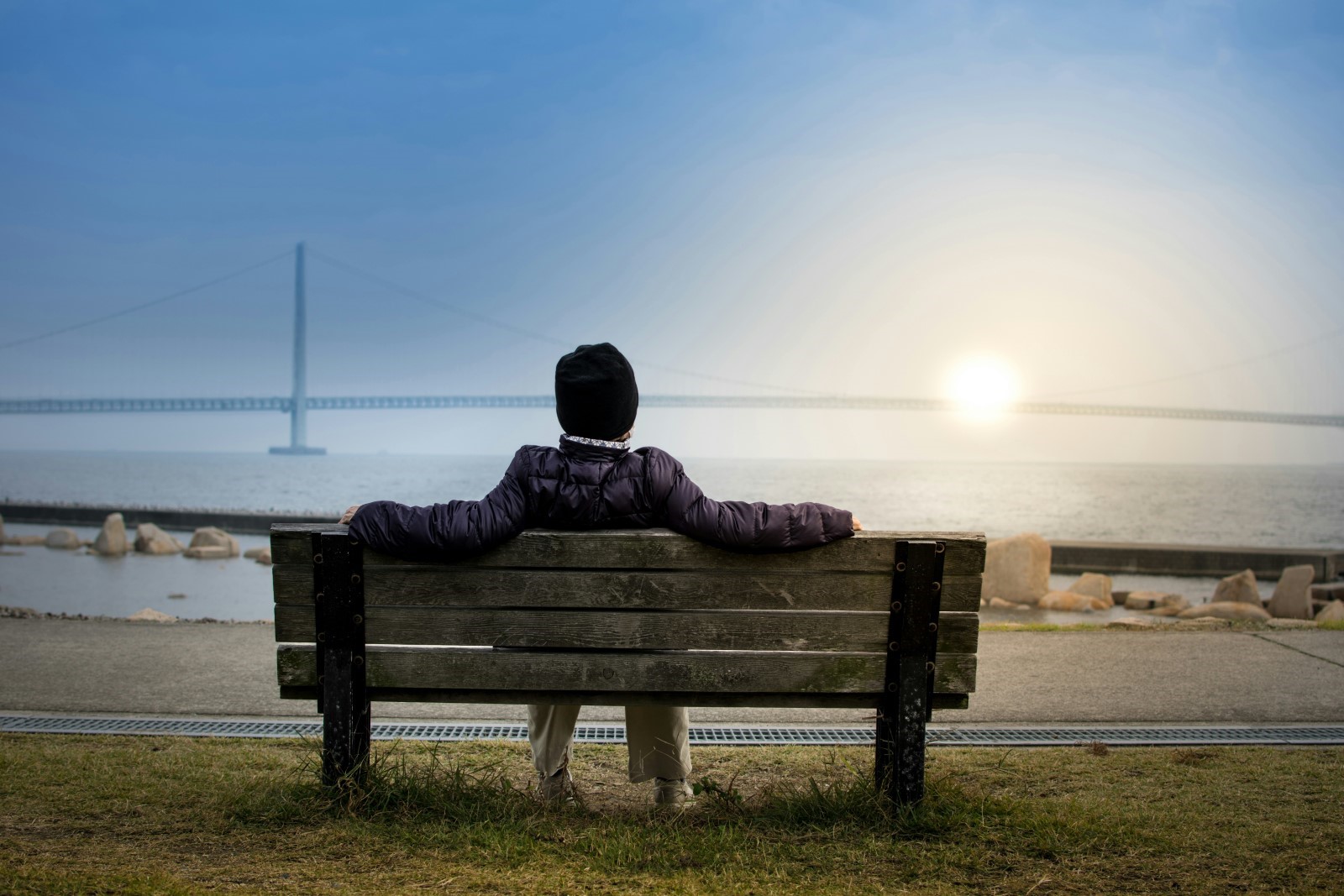
Final thoughts
In what was said above, we want to make you realize how some simple things like trying to give our consciousness quality rest despite the busy everyday life is of vital importance. How important movement is in our daily life, and how the support of our close people is an unprecedented asset in the fight against the stress we are subjected to daily. So move, communicate, and take time to rest – work will still be there tomorrow. Be healthy and happy!

Sources
Rahmati M, Lee S, Yon DK, Lee SW, Udeh R, McEvoy M, Oh H, Butler L, Keyes H, Barnett Y, Koyanagi A, Shin JI, Smith L. Physical activity and prevention of mental health complications: An umbrella review. Neurosci Biobehav Rev. 2024 May;160:105641. doi: 10.1016/j.neubiorev.2024.105641. Epub 2024 Mar 26. PMID: 38527637.
Donnelly S, Penny K, Kynn M. The effectiveness of physical activity interventions in improving higher education students' mental health: A systematic review. Health Promot Int. 2024 Apr 1;39(2):daae027. doi: 10.1093/heapro/daae027. PMID: 38563387; PMCID: PMC10985680.
White RL, Vella S, Biddle S, Sutcliffe J, Guagliano JM, Uddin R, Burgin A, Apostolopoulos M, Nguyen T, Young C, Taylor N, Lilley S, Teychenne M. Physical activity and mental health: a systematic review and best-evidence synthesis of mediation and moderation studies. Int J Behav Nutr Phys Act. 2024 Nov 28;21(1):134. doi: 10.1186/s12966-024-01676-6. PMID: 39609855; PMCID: PMC11603721.
Liu Y, Yang M, Zhao Y, Wang Z, He J, Wang Y, Anme T. Social support mediates social frailty with anxiety and depression. BMC Pulm Med. 2024 Aug 12;24(1):390. doi: 10.1186/s12890-024-03202-7. PMID: 39135002; PMCID: PMC11321094.
Wen Z, Wang H, Liang Q, Liu L, Zhang W, Zhang X. Mediating effect of social support and resilience between loneliness and depression in older adults: A systematic review and meta-analytic structural equation modeling. J Affect Disord. 2024 Nov 15;365:246-257. doi: 10.1016/j.jad.2024.08.062. Epub 2024 Aug 14. PMID: 39147150.
Hu Y, Tang R, Li X, Wang X, Ma H, Heianza Y, Qi L, Liang Z. Spontaneous miscarriage and social support in predicting risks of depression and anxiety: a cohort study in UK Biobank. Am J Obstet Gynecol. 2024 Dec;231(6):655.e1-655.e9. doi: 10.1016/j.ajog.2024.03.045. Epub 2024 Apr 7. PMID: 38588963.
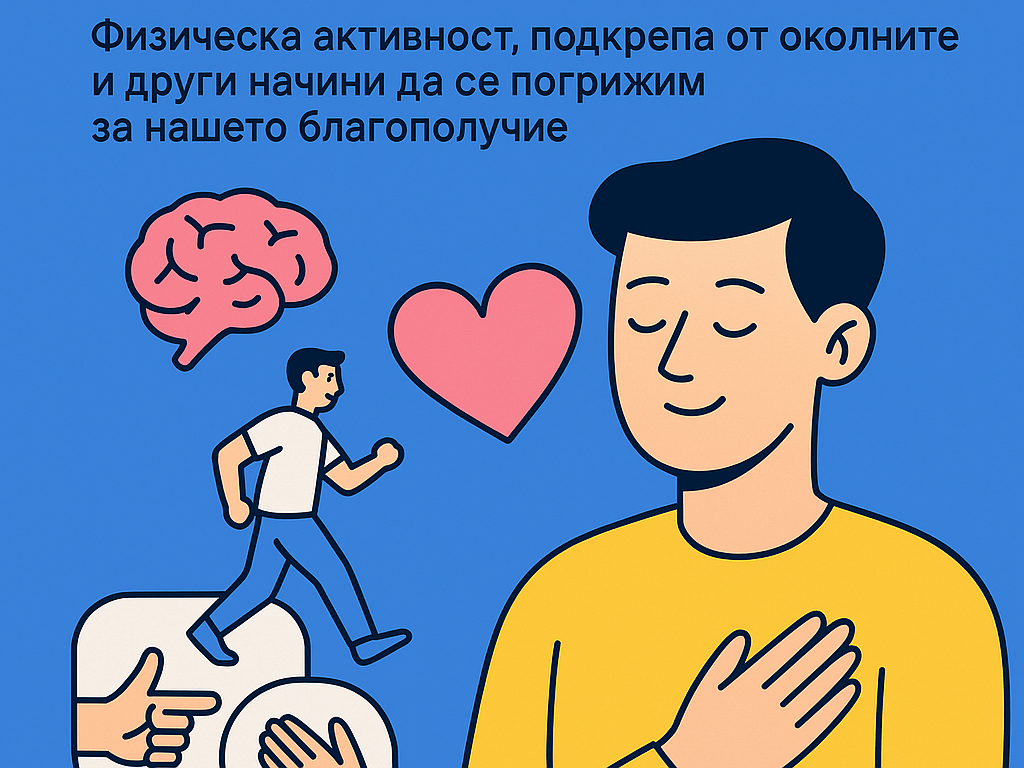


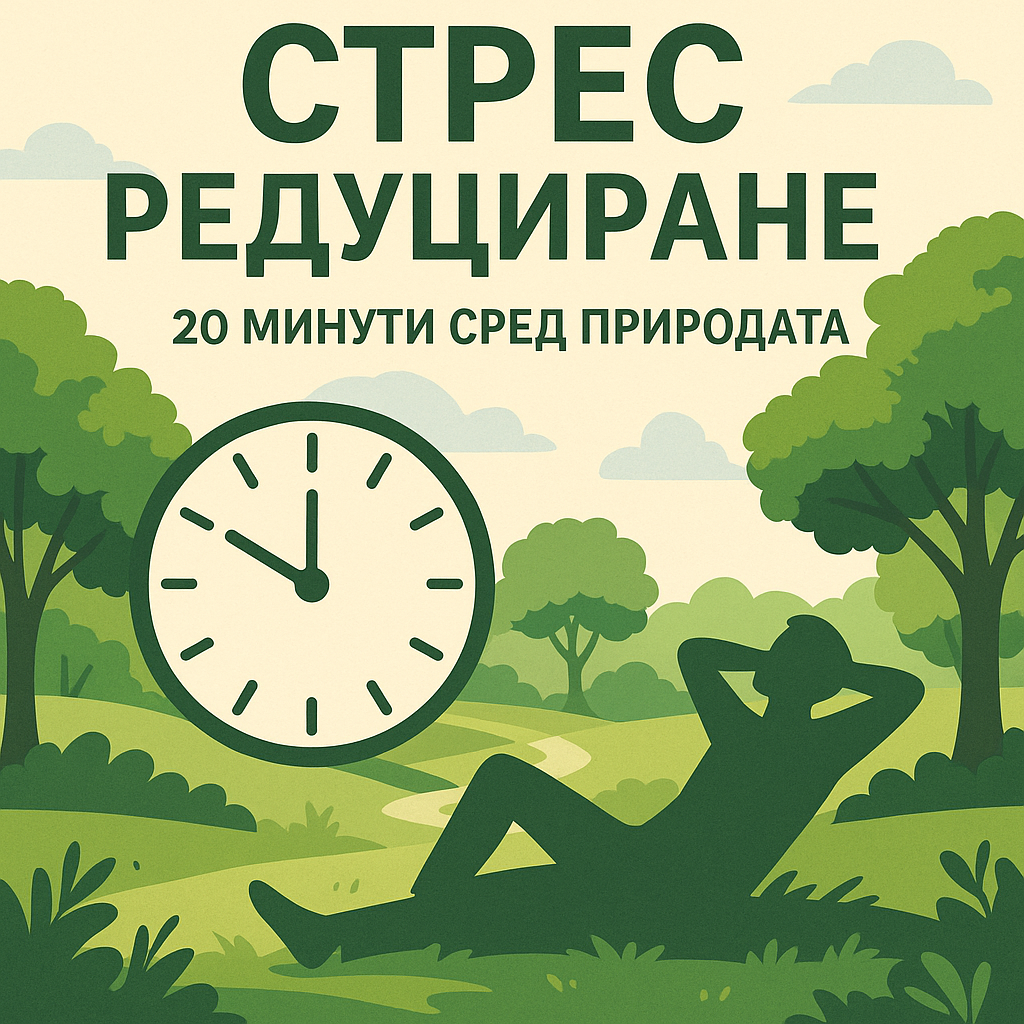
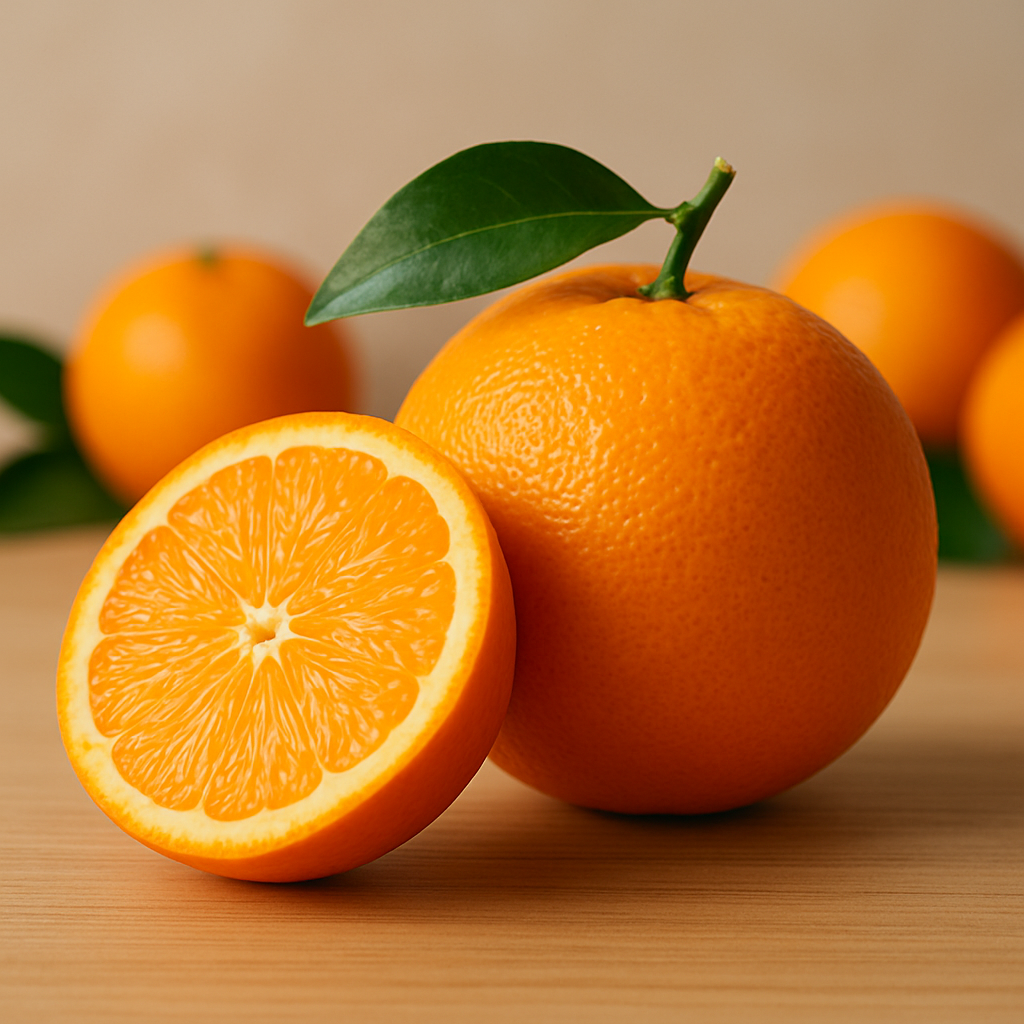
Comments